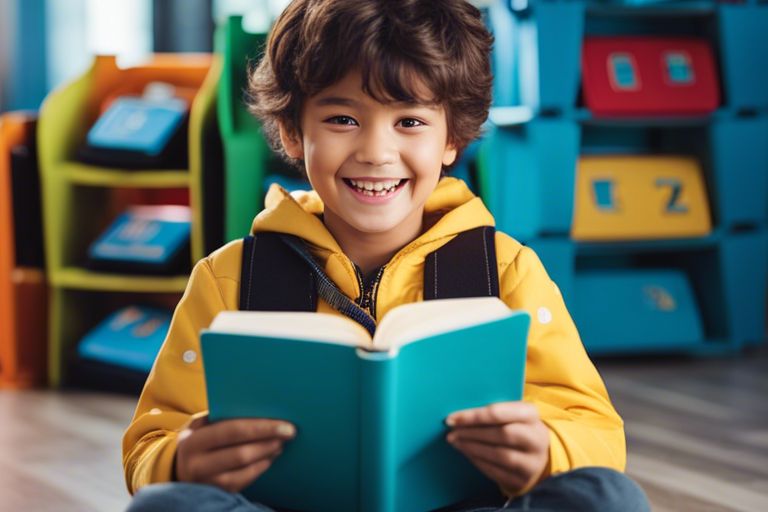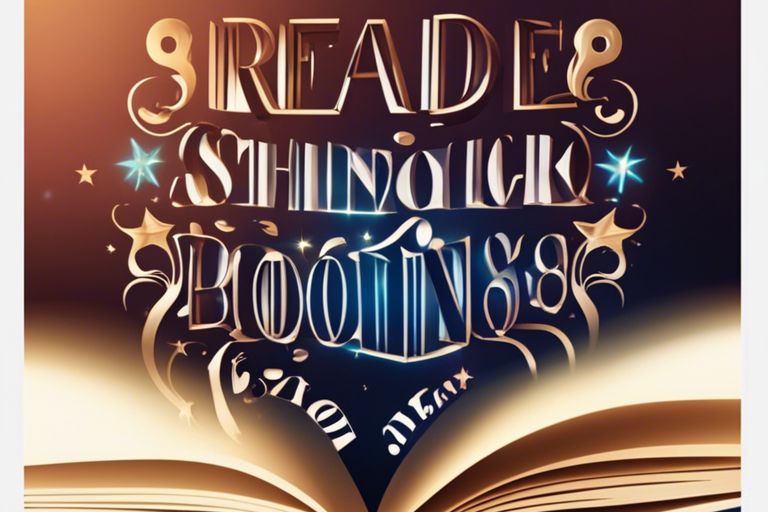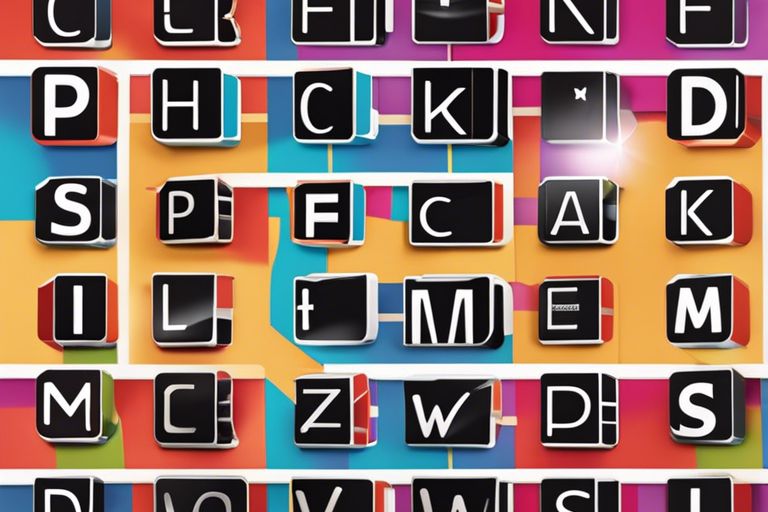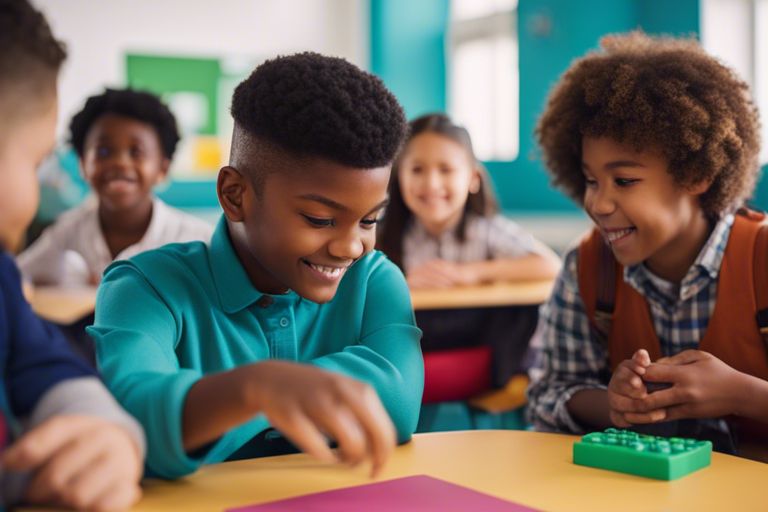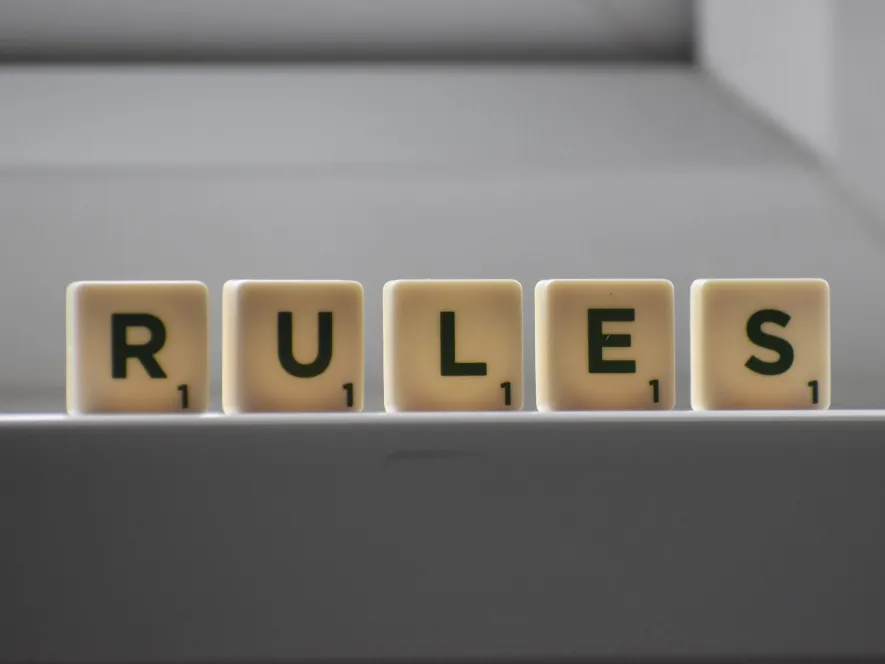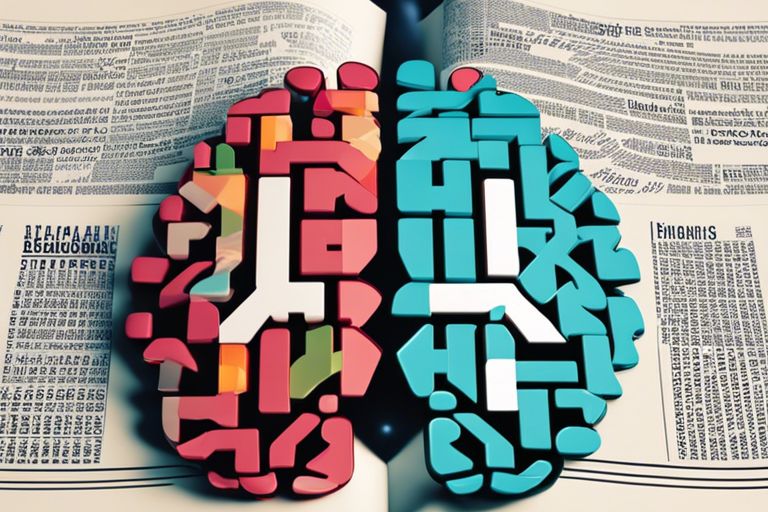
Strategies for teaching phonics to struggling readers
Teaching phonics to struggling readers can be challenging, but there are several strategies that can help. Here are some effective strategies for teaching phonics to struggling readers:
- Start with phonemic awareness: Before children can learn phonics, they need to develop phonemic awareness. This involves recognising and manipulating individual sounds in words. Teachers and parents can start by using activities such as rhyming, segmenting, and blending to help children develop their phonemic awareness.
- Use multi-sensory techniques: Struggling readers may benefit from using a variety of senses to learn phonics. Teachers and parents can incorporate visual, auditory, and kinesthetic activities to reinforce phonics skills. For example, children can use magnetic letters to practise spelling words, or they can use their bodies to create letter shapes.
- Provide explicit instruction: Struggling readers may benefit from explicit instruction in phonics skills. Teachers and parents can break down phonics skills into small, manageable steps and provide clear, step-by-step instruction to help children understand each skill.
- Use decodable texts: Decodable texts are books that use a limited set of phonics skills to teach reading. These texts can be helpful for struggling readers because they provide practice with specific phonics skills in a controlled setting. Teachers can gradually increase the difficulty of the texts as children progress in their phonics skills.
- Provide opportunities for practise: Struggling readers may need additional opportunities to practise phonics skills. Teachers can provide independent practice activities, small group instruction, or one-on-one tutoring to help children develop their phonics skills.
- Monitor progress: It’s important to monitor children’s progress and adjust activities as needed. Teachers can use assessments and observation to track children’s progress and identify areas where additional support is needed.
By using these strategies, teachers can help struggling readers develop their phonics skills and become confident, proficient readers.
Resources to support your child
Sort That Sound Activity Set
The Learning Resources Sort That Sound Activity Set is a valuable resource for developing phonemic awareness and letter-sound relationships in young children. The set includes 48 sound-picture tiles, a storage box, and an activity guide, providing a hands-on, multisensory approach to learning phonics.
The set is suitable for children aged 3 and up and is a great resource for parents, teachers, and speech therapists who are looking to support early reading and language development in young children. It can be used to develop phonemic awareness, letter-sound relationships, and vocabulary, and is a valuable tool for promoting language and literacy skills.
Hand2mind Mirror: Phonemic Awareness Set
The hand2mind Mirror My Sounds Phoneme Set is a valuable tool for developing phonemic awareness and letter-sound relationships in young children. The set includes 31 phoneme mirrors and 44 letter cards, providing a multisensory approach to learning phonics.
The phoneme mirrors are designed to help children practise articulating phonemes and differentiating between similar sounds. Children can see their own mouths and tongues as they make different sounds, which helps them to develop a clear understanding of the sounds they are making. The letter cards can be used to reinforce letter-sound relationships, and can be combined with the mirrors to create words and sounds.
The set provides a hands-on, multisensory approach to learning phonics, making it engaging and effective for children of all learning styles. It is a great resource for parents, teachers, and speech therapists who are looking to support early reading and language development in young children.
Phonics Flash Cards - Learn to Read in 20 Phonic Stages
The Phonics Flash Cards set is a comprehensive resource designed to help children learn to read using a phonics-based approach. The set includes 20 phonic stages, covering digraphs, CVC words, blends, and long vowel sounds. The flashcards feature colourful illustrations and clear, easy-to-read text that help children associate sounds with letters and words.
The Phonics Flash Cards set is suitable for children aged 4-8, it can be used in a homeschool or classroom setting and is a great tool for parents who want to help their children learn to read at home.
230 Pack Phonemic Awareness Supplies
The 230 Pack Phonemic Awareness Supplies is a comprehensive set of manipulatives designed to support phonemic awareness development in young children. It includes 12 sound box mats, 72 red plastic chips, and 146 phonics flashcards.
The sound box mats are used to help children segment and blend sounds in words.
The red plastic chips are used as a visual cue to help children understand the sounds in words. Children can use the chips to build words, segment sounds, and manipulate phonemes.
The phonics flashcards are a valuable tool for teaching letter-sound relationships and building phonemic awareness. They include pictures and words that begin with each sound, which help children to associate the sound with real-world objects.
CVC Word Mini Pop Board Sensory Toy
The CVC Word Game is a valuable addition to any classroom or home that is looking to support children’s literacy development. It is a fun and engaging way for children to learn and improve their reading and spelling skills, while also providing a sensory outlet that can help them stay focused and engaged.
It’s a mini pop board fidget sensory phonics game that includes flash cards and other manipulatives to help children learn CVC (consonant-vowel-consonant) words and improve their reading and spelling skills.
The CVC Word Game is a valuable resource for teachers and parents who are looking to support children’s literacy development. The game is also a great tool for children with special needs, such as those with ADHD or autism, as it provides a sensory outlet while they learn.
Phonological Awareness - Auditory Discrimination, Rhyming and Alliteration: Book 1
Phonological Awareness: Book 1 focuses on auditory discrimination, rhyming, and alliteration, which are key components of phonological awareness.
The activities in the book are designed to be fun and engaging for children while also promoting important literacy skills. The auditory discrimination activities help children to distinguish between similar sounds and words, which is important for developing phonemic awareness. The rhyming activities help children to identify and generate rhyming words, which is an important pre-reading skill. The alliteration activities help children to recognise and produce words that have the same initial sound, which is important for developing phonemic awareness and vocabulary.
Spelling Phonics Games
The Spelling Phonics Games for Kids Ages 4-8 is a 2-in-1 educational toy that includes sight word flashcards and an alphabet puzzle. It is designed to help children learn and practiSe spelling and phonics skills in a fun and interactive way.
The sight word flashcards feature commonly used words that children need to know and recogniSe in order to improve their reading and writing abilities. The alphabet puzzle is designed to help children learn the letters of the alphabet and the sounds they make, which is a crucial step in phonics development.
The set is designed for children ages 3-5 and includes fun and engaging activities that promote active learning. It is a great resource for parents who want to provide their children with educational toys that can help them learn and improve their spelling and phonics skills.
Literacy Manipulatives at Home Kit: Literacy Resources for Home Learning
The Learning Resources Literacy Manipulatives at Home Kit is a valuable resource for parents and caregivers who are looking to support their child’s early literacy development at home. The multisensory approach and hands-on activities help children to connect with the material in a meaningful way, which can improve their understanding and retention of key concepts.
The multisensory approach used in the kit engages children in hands-on learning experiences that help them to develop phonemic awareness, letter recognition, and reading skills. The kit includes letter tiles, a magnetic word builder, phonics cubes, and other manipulatives that can be used to create words and explore language concepts. The kit also includes activity cards with ideas for games and activities that parents and caregivers can do with their children to support literacy development.
Reading Readiness Activity Set- Multisensory Learning Set
The Learning Resources Reading Readiness Activity Set is an excellent resource for teachers and parents who are looking to support young children’s literacy development. The multisensory approach helps to engage children in learning and can be especially beneficial for children who may struggle with traditional teaching methods.
The set includes letter and picture cards, foam letters, a letter recognition activity mat, and other hands-on materials that encourage children to explore and practice key reading concepts. The activities are designed to be interactive and multisensory, using tactile and visual elements to help reinforce learning.
CVC Activity Cards
The Junior Learning JL178 Activity Cards are a set of educational cards designed to help young children develop their literacy skills. The set includes 50 double-sided cards, each of which features a different activity or game.
Overall, the Junior Learning JL178 Activity Cards are an excellent resource for parents and teachers who are looking to support young children’s learning and development. They are versatile, easy to use, and provide a range of engaging activities that can help children to build essential literacy skills.
Rapid Reading Pack for Struggling Readers
The “Learn at Home: Rapid Reading Pack 3” is a set of six reading books designed for struggling readers in Years 3-6. The books are aimed at children who may have dyslexia or other difficulties with reading and are looking to improve their skills.
The books are designed to be dyslexia-friendly, which means that they use a special font and layout that makes them easier to read for children who may have difficulty with traditional reading materials. The stories are engaging and cover a range of topics, from adventure and mystery to historical fiction.
The pack includes six books, each of which has been carefully graded to suit different reading abilities. This allows children to progress at their own pace and build their confidence as they go. The books also come with comprehension questions and other activities that help children to develop their reading skills further.
Usborne My Very First Reading Library
The Usborne My Very First Reading Library 50 Books Set Collection Pack is a series of books aimed at young children who are just starting to learn how to read. The set consists of 50 paperback books, which are split into two levels: early level 1 and early level 2.
The early level 1 books are suitable for children who are just starting to read. They feature simple sentences, large font sizes, and lots of colourful illustrations. The books cover a range of topics, from animals and nature to fairy tales and fables.
The early level 2 books are designed for children who have already mastered the basics of reading. They feature longer sentences and more complex storylines than the early level 1 books. The books cover a range of topics, including science, history, and adventure stories.














